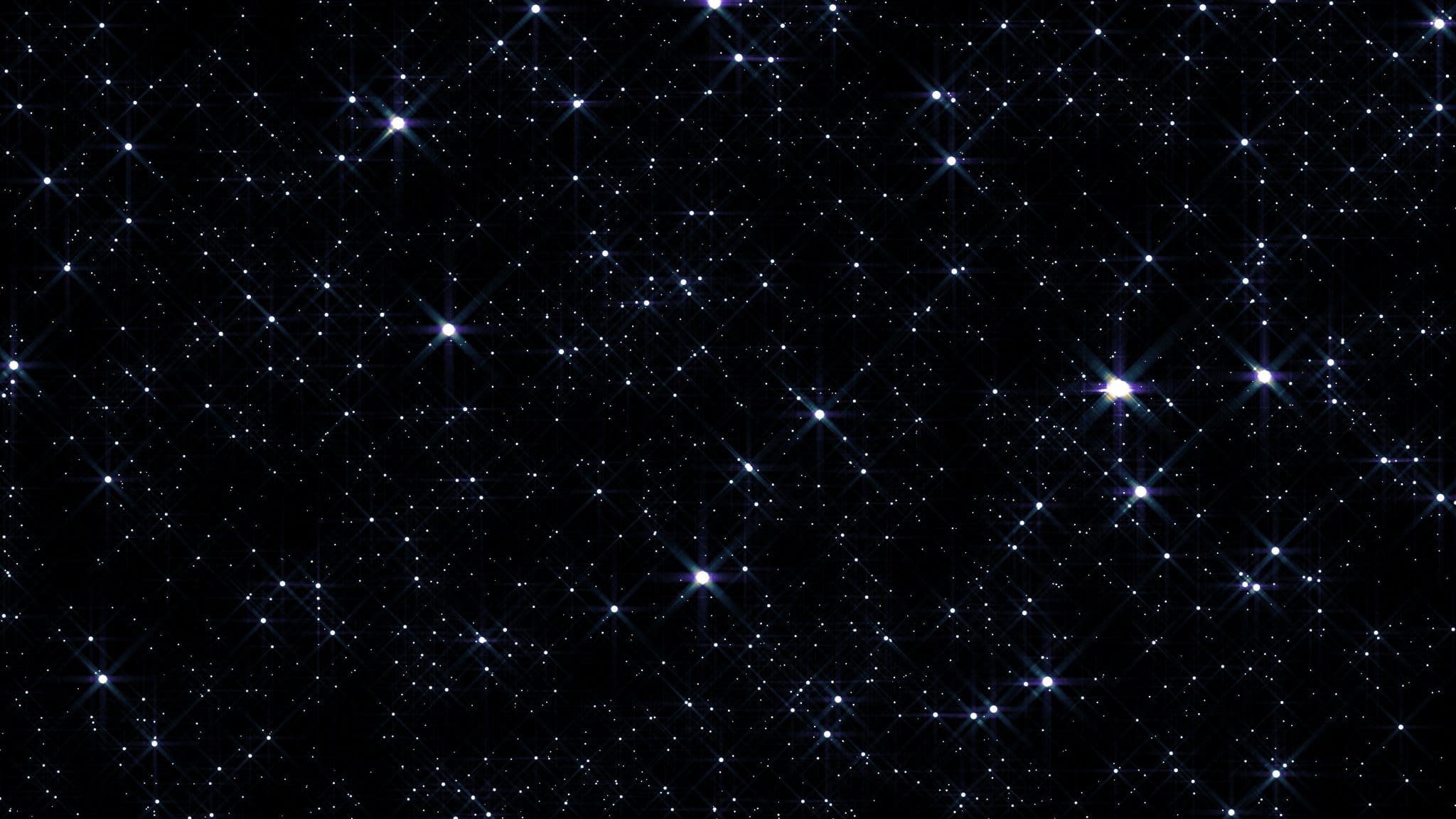Just as light pollution has obscured our view of stars and the beauty of the night sky, our busy lives and preoccupations can often blind us to the awe-inspiring realisation that we have come all this way from stars to histories and stories in the making. It is often more than a procrastination pastime to me.
Contemplating this fact often saves me from crushing anxiety from the stress of every-day life and activities. I realise how I am more than just the current moment- I am a product of uncountable coincidences.
Start with your parents and try taking the power of two up by two at a time and then you’ll know about what I’m talking about. I was only able to get to 2 to the power 16 generation of my predecessors before my brain decided to stop computing. Now imagine if even one of your great-grandparents had not happened to be at the exact place and time as the other when they met. What are the chances you, in your current form, would come to be?
I spoke to Nicola Brayan, a final-year Linguistics student, about this idea, who said, “Every so often, I’m struck with the realisation that everything around me was made by people – the chair I sit on, the walls of my house, the phone I scroll through, the words I read. It’s both a bit jarring and quite comforting – I feel like I exist the way I do in the world that I do because of the collective effort of those around me, and in turn, I shape the way others exist when I paint them pictures and cook them food and write things that they can reflect on. I quite like going down the rabbit hole in this instance because of the comfort I find in it, so thinking deeply is actually quite nice rather than terrifying for me.” Let’s dive headfirst into this rabbit hole.
Billions of years ago, in the fiery aftermath of the Big Bang, the universe was a cauldron of cosmic chaos. In this seething inferno, hydrogen and helium atoms formed, combining in the crucible of gravity to create the first stars (three of these have been spotted earlier this year and are billions of light years away from us). It is funny to think of time as distance — like this tightrope stretching into infinity with historical events as points that comprise it.
Heavier elements would go on to form within these blazing cores as stellar nucleosynthesis would proceed. Hydrogen atoms would go on to form helium to create beryllium and so on. Among these would be carbon- the star of the show that is our cosmological history.
As gas and dust in the interstellar medium began to collapse under their own gravitational pull, forming new stars and planetary systems. Within these nascent stellar nurseries, carbon atoms bonded together in the fiery cauldron of protostellar disks, forming the building blocks of planets — including my favourite and our home — Earth. In the primordial soup of the early oceans, versatile carbon with their quadruple ring structure would open possibilities to create complex life. The earliest of our ancestors include the now (mostly) infamous — bacteria. This serendipitous event set the stage for the emergence of life on our planet. From simple single-celled organisms to the dazzling diversity of life forms that exist today, carbon is a fundamental component of all living organisms, providing the structural framework for the complexity of life.The chance encounter of early human ancestors with latent technology- i.e. fire led to the discovery of its uses, leading to the development of cooking, tool-making, and eventually, the mastery of fire, which propelled the advancement of civilization. The discovery of metals and their properties, serendipitous encounters with natural resources, and the spread of knowledge through cultural exchanges and trade routes all played a role in shaping human history.
Inventions like the printing press, penicillin, and electricity were the results of unexpected accidents or coincidences that transformed human civilization. The chance meeting of important figures or the occurrence of unexpected events often changed the course of politics, wars, and revolutions, shaping the rise and fall of empires and civilizations.
A few years ago, I would not have believed that I would be sitting here in Australia, studying the course of my dreams and learning to be completely independent in a foreign country. It is even harder to imagine how my ancestors would have reacted to this. Even as recently as six decades ago, the thought of crossing borders would draw severe condemnation from all quarters. My grandfather, K.P. Gupta, a professor of chemical engineering, secured a scholarship in the late 60s to go to the United States and work under Don Othmer, one of the founding founders of modern chemistry. When he returned after 10 years having toured half the world, the entire village gathered to decide whether he would be excommunicated as he had just crossed the seven seas.Even he would have found it hard to imagine, that from the future generations, a girl, would be the first to lead the family into uncharted territories.
That is the furthest thought from my mind when I return home these days. All I receive is the love and warmth of my family and people, who now see the opportunity to study abroad as extremely valuable.
The role of chance events, from the Big Bang, to the atomic versatility of carbon spawning life, to random coincidences has been significant in shaping the journey of life on Earth.Reflecting on our existence we are reminded of the unpredictability and serendipity that have influenced human history and the awe-inspiring complexity of the universe.





